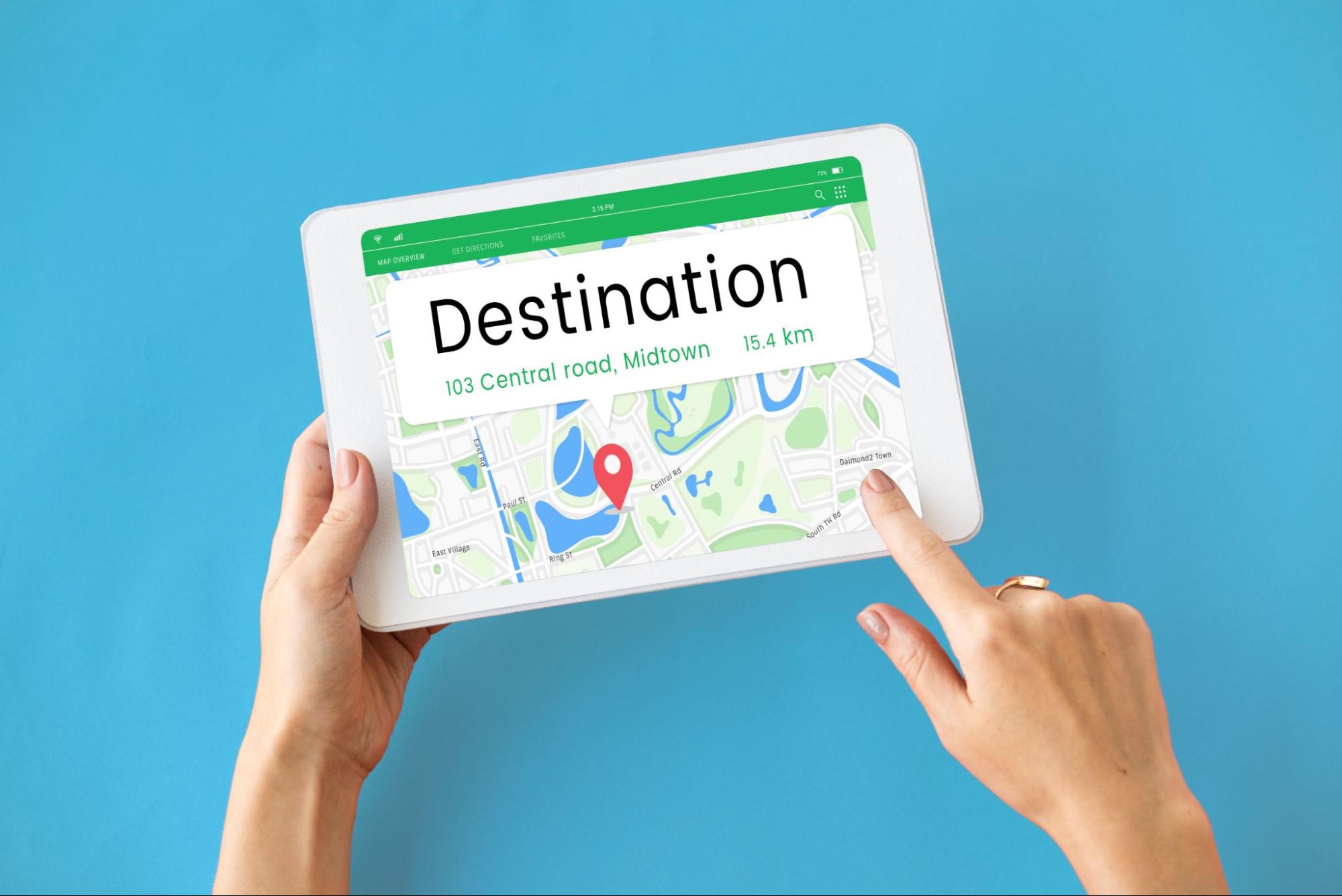When it comes to growing a business locally, showing up on Google isn't just helpful, it’s essential. Whether someone is searching for a nearby salon, plumber, or coffee shop, your business needs to appear where customers are looking.
Local SEO pricing is directly tied to how competitive your market is. If you’re in a busy city or crowded industry, the SEO work required to stand out is much more intense.
You’ll need deeper keyword research, more high-quality content, stronger backlinks, and constant updates to stay ahead.
In contrast, businesses in quieter markets can often rank faster and more affordably with a lighter strategy.
In this article, we’ll explain how competition impacts the cost of local SEO and what you should expect based on your market.
How Does Competition Level Affect Local SEO Pricing & ROI

The more competitive the local market, the more resources are needed. High competition means more businesses are chasing the same keywords, top map spots, and local customers. This raises the time, tools, and effort required to help your business stand out.
This article breaks down why local SEO costs vary and what you should expect depending on your market competition.
What Does Local SEO Pricing Usually Include?
Local SEO is more than just adding a few keywords or claiming a Google listing.A complete local SEO service typically covers a wide range of tasks, such as:
- Keyword research focused on your location
- Google Business Profile (GBP) optimization
- On-page SEO for service pages and location pages
- Building local citations and backlinks
- Creating local blog content
- Review generation and reputation management
- Monthly reporting and strategy updates
The cost of these services increases when competition is higher because the strategy must go deeper, and the work becomes more intensive.
What Does “High Competition” Mean in Local SEO?
High competition doesn’t just mean there are a lot of businesses; it means a lot of them are investing in SEO too.
In a competitive local SEO market, you’ll often see:
- Many businesses target the same keywords, such as “plumber in Dallas” or “best salon in Brighton”
- Crowded Google Business Profile listings, where standing out is harder
- Well-optimized local websites make it tougher to outrank others
This level of saturation means your SEO provider needs to work harder and smarter to help your business rank.
How High Competition Affects Your SEO Strategy
To win in a competitive local market, your SEO strategy must go the extra mile. This leads to more advanced tactics and often higher costs.
Here’s what that typically involves:
- In-depth keyword research to find opportunities and gaps your competitors may have missed
- More content creation, including detailed landing pages, FAQs, and ongoing blog posts
- Advanced link-building campaigns to build strong domain authority faster than your rivals
Every one of these steps requires more planning, expertise, and time.
Why High Competition Markets Are More Resource-Intensive

The more competitive your niche and area, the more time and tools are needed to succeed. This naturally drives up the cost of SEO services.
Some reasons include:
- More time spent on audits, planning, and tracking progress
- Use of advanced SEO tools for local rank tracking, competitor monitoring, and citation management
- Ongoing updates and testing, since rankings can shift quickly in saturated markets
Competitive markets require not just setup but consistent action every month to hold your spot.
Why Competitive Areas Often Need Paid Support Too
In highly saturated markets, SEO alone might not be enough to gain traction right away.
That’s where additional budget often goes into:
- Running local Google Ads campaigns to appear at the top of the map and search results
- Investing in premium local citation services, which help build location trust signals quickly
- Using paid listing tools like Yext or BrightLocal to ensure consistency across the web
These paid add-ons help you cut through the noise when the competition is fierce.
Lower Competition Means Lower Costs
The good news? If your area is less competitive, you won’t need to spend as much. Businesses in smaller towns or targeting niche services can often see faster results with a simpler strategy.
Here’s why:
- Quicker rankings due to fewer businesses fighting for the same terms
- Less content required, meaning fewer pages and updates
- Minimal technical changes if your site already meets basic SEO standards
This often leads to lower monthly pricing and quicker returns on your investment.
What Do Local SEO Services Cost by Competition Level?
While pricing can vary by provider, here’s a general breakdown based on competition level:
- Low competition markets: Expect around $300-$600 per month for basic SEO work.
- Medium competition cities or industries: Budgets typically range from $700-$1,200 per month.
- High competition metro areas or saturated industries: Pricing often starts at $1,500 and can go up to $3,000+ per month.
More competition = more work = higher monthly costs. But it also usually means greater long-term ROI if done correctly.
Conclusion
The level of competition in your area plays a huge role in how much your local SEO will cost. More competitive markets demand deeper research, more content, more backlinks, and more time. All of that adds to the price.
Before setting your SEO budget, take time to assess how competitive your market really is. The right partner will help you plan a strategy that balances results with smart spending.
Frequently Asked Questions (FAQs)
Big cities have more businesses fighting for the same keywords, which requires more advanced strategies to rank. That means more content, more backlinks, and more ongoing work.
Yes, but it often requires a higher investment and longer time frame. Paid ads, stronger content, and expert support can help even small brands succeed.
If done right, absolutely. Higher competition also means higher search volume and more potential customers so the returns can be worth the cost.
Search your main keywords in Google and look at how many listings appear, how optimized they are, and whether the top spots are held by strong websites.
Yes. Many businesses start small and scale up as they grow or when competition demands it. A good SEO agency will guide you based on your needs and goals.

